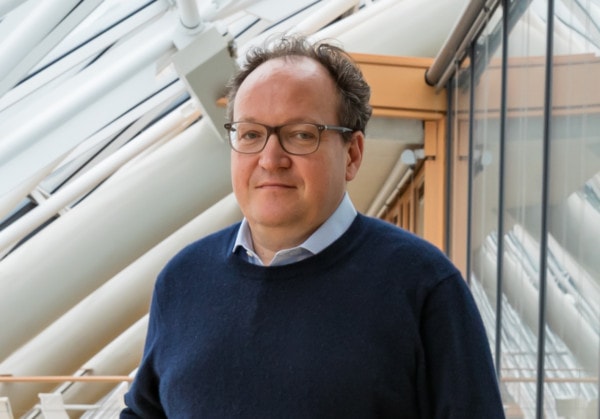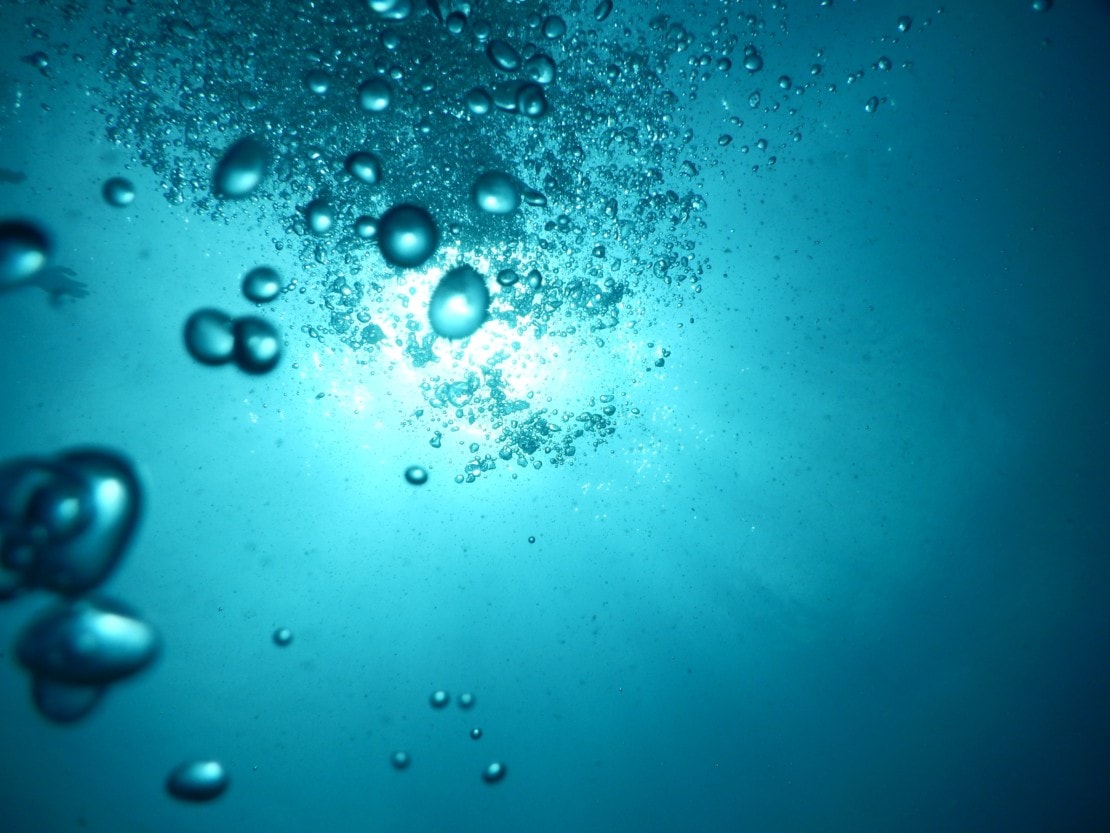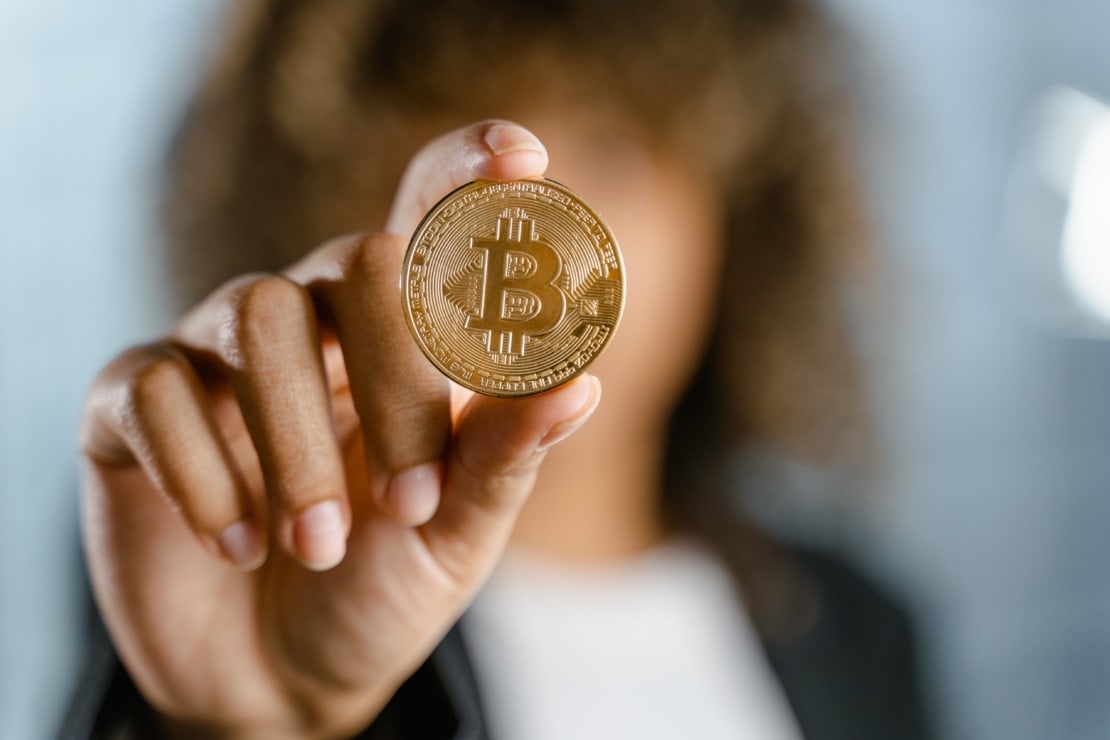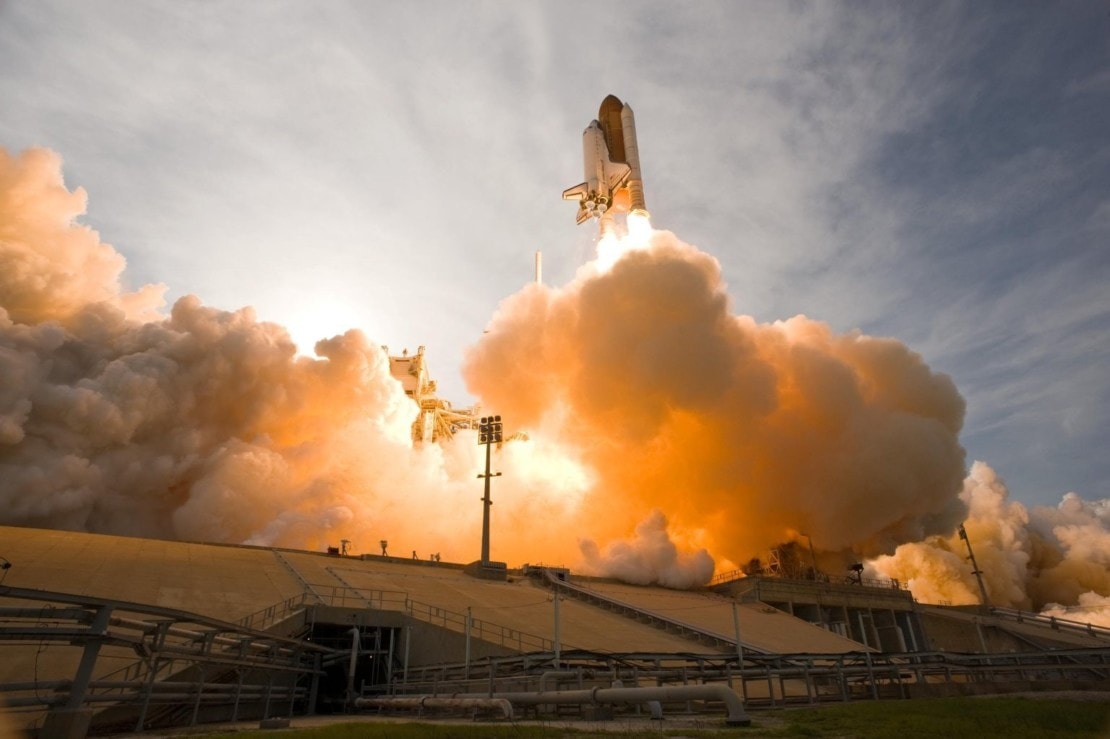28Mar2023
According to the principle of supply and demand, the scarcer a product becomes, the greater its value gets. When something seems to be amply available, its value goes unnoticed. But upon suddenly realizing the danger of running out of it, we desperately grasp every opportunity to get our hands to that same thing we so carelessly overlooked just a short while ago.
This is not about toilet paper and pandemic, even though the fundamentals may ring a bell. This is about water – an element so commonplace we hardly bother to give a single thought to it. We need water, we turn on the faucet, and there it comes.
Simple as that. Only that it is not.
According to the United Nations, water is our world’s lifeblood in more ways than one. It is the dealmaker for the sustainable development goals, and for the health and prosperity of people and planet. In this light, it is downright alarming to notice how our progress on water-related goals and targets remains alarmingly off track, jeopardizing the entire sustainable development agenda.
The situation has developed to the point of United Nations hosting The UN 2023 Water Conference in March – for the first time in half a century. Bringing together governments, intergovernmental organizations, international financial institutions, the scientific community, representatives from civil society and other stakeholders, the conference provided a unique opportunity to discuss water security and tackle the world’s many water-issues head-on.
One of the participants in the conference was European Investment Bank, which has come to realize the value of water and has acted accordingly. According to their release, the EIB finances on average 3 billion Euros in water infrastructure every year. Around 30 % of EIB water projects are carried out outside the EU, including in some of the world’s poorest and drought-stricken countries in Africa, Asia, Latin America, or the Middle East. Projects financed alongside regional partners connect cities and villages to clean water and sanitation, enable flood resistant infrastructure and encourage communities to recycle their water.

EIB Vice President Ambroise Fayolle says that investing in water infrastructure helps lay the ground for health, food, gender equality, and even for enhanced peace and security.
Ahead of the UN 2023 Water Conference, EIB Vice President Ambroise Fayolle said: “We need to fundamentally change the way we understand and value water. If we continue to mismanage this precious resource, we risk losing some of the important progress we have made on global development in the last decades. When we invest in water infrastructure, we lay the ground for health, food, gender equality, and even for enhanced peace and security. Water runs through everything we hold dear, not least when it comes to helping those on the frontline of climate change adapt to rising temperatures, drought, and flooding.”
In their effort to maximize the efficient use of water, the EIB also published its new Water Sector Orientation document, presenting the bank’s investment priorities in the sector. These priorities include conventional infrastructure as well as innovative approaches, such as circular economy, nature-based solutions, and digitalization. The policy highlights the types of investments that will maximize the bank’s impact to achieve its climate and environmental objectives.
So completely have the tables turned from the days when water was considered to be a never-ending commodity that besides smart consumption, we must thoroughly analyze various opportunities to make smart investments in it. Not only in the sense that they will enable more efficient use of this scarce resource, but also in the sense of providing sufficient economic return. At the end of the day, when we can make the investment profitable, it will help us to keep scaling up, also from the sustainability’s point of view.
“Water infrastructure can be expensive but it’s at the heart of human development,” Ambroise Fayolle said. “We ought to consider money spent on water as good investment, rather than as a sunk cost.”
Everyone can still win, but like water, time is an element we simply must stop wasting.


